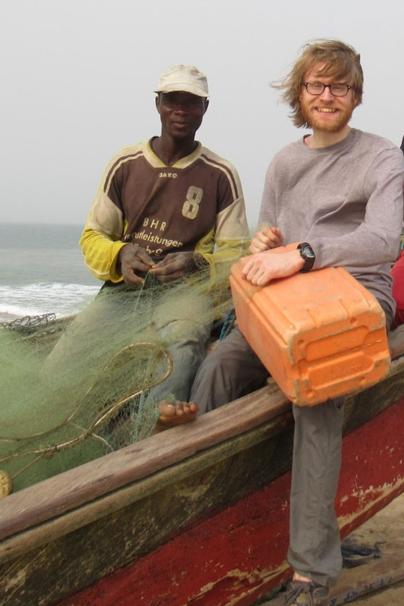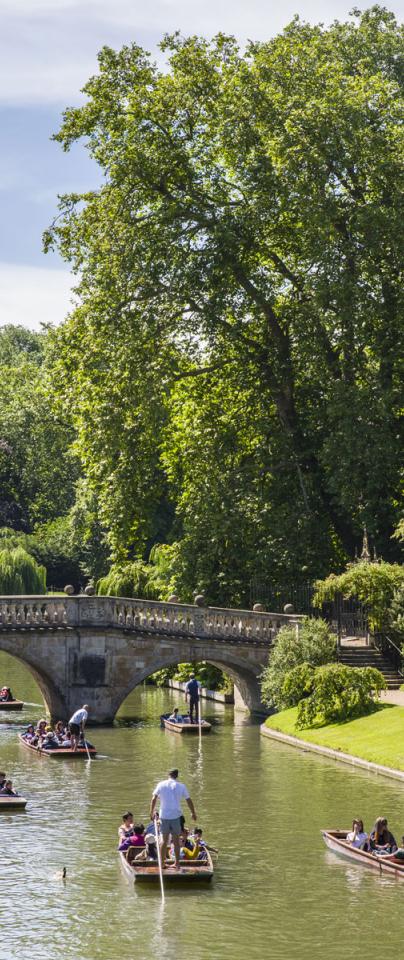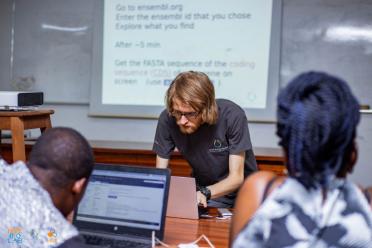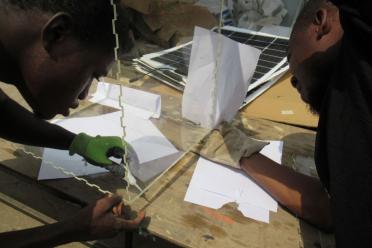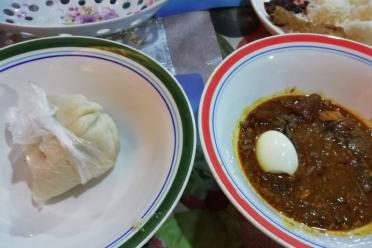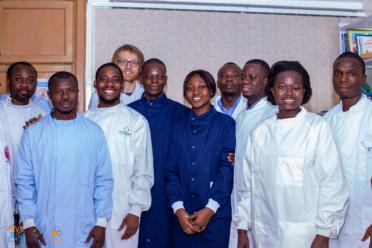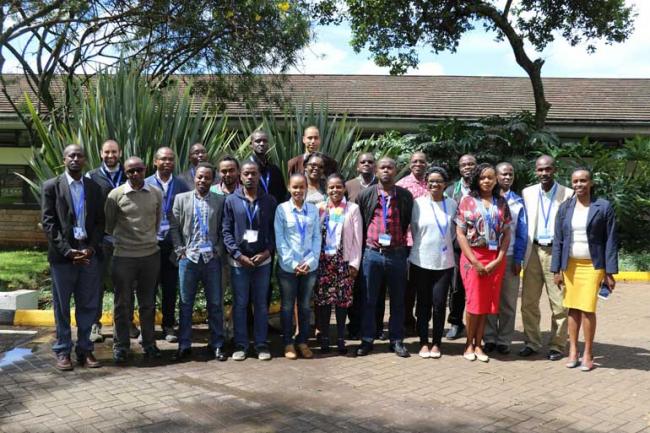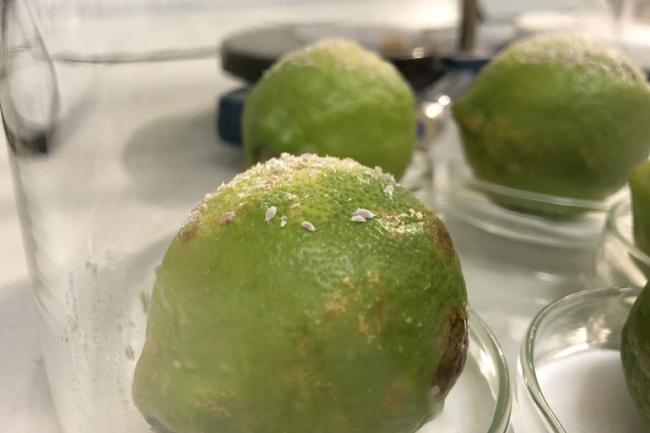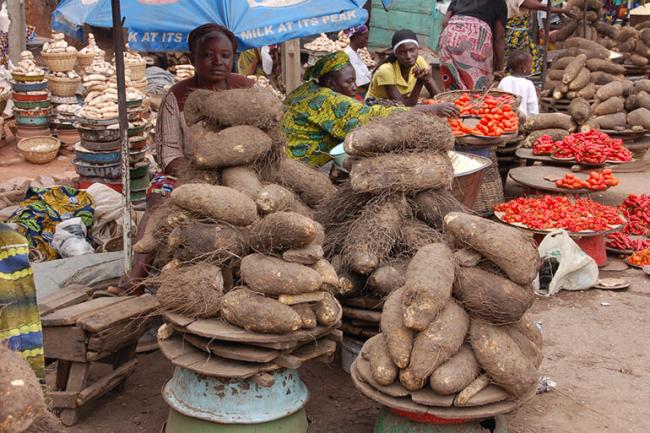Another favourite I have enjoyed is spicy jollof rice (made with a chilli and tomato paste) with vegetables/salad, and also a dish called palaver sauce, a green leaf stew of interesting flavours I haven’t experienced in the UK made with cocoyam leaves, yam and plantain.
I was also fortunate to have been invited to a traditional Ghanaian wedding, where friends of friends are very welcome. This was a unique experience, and a lot of it was accompanied by Ghanaian music played by a live band. The music was a mix of soul and reggae with African drum beats.
Traditional foods such as Banku and fish were served, along with non-traditional foods such as rice and noodle dishes. Drinks included a red hibiscus and ginger drink, pineapple juice and a millet drink. Several party games were initiated by the MC, involving balloons, shaking champagne bottles and dancing (I was singled out to participate in all of them).
The newlyweds had their first dance, followed by the bride and her friends taking to the floor. Before long, friends of friends - including me - were invited to join in. We formed a rotating circle and chanted in Twi, the local language (I had to make up the words), before breaking up to form the universal wedding dance of the conga. The whole day was a great social and cultural experience, and I felt privileged to be able to share it with them.
